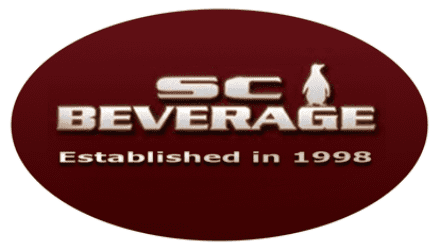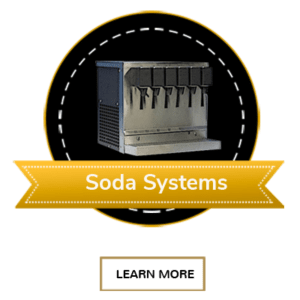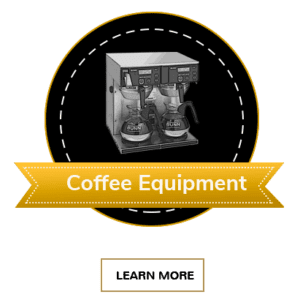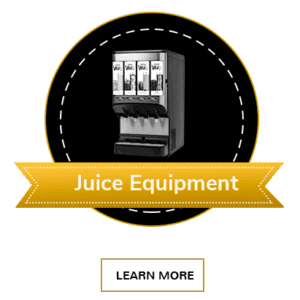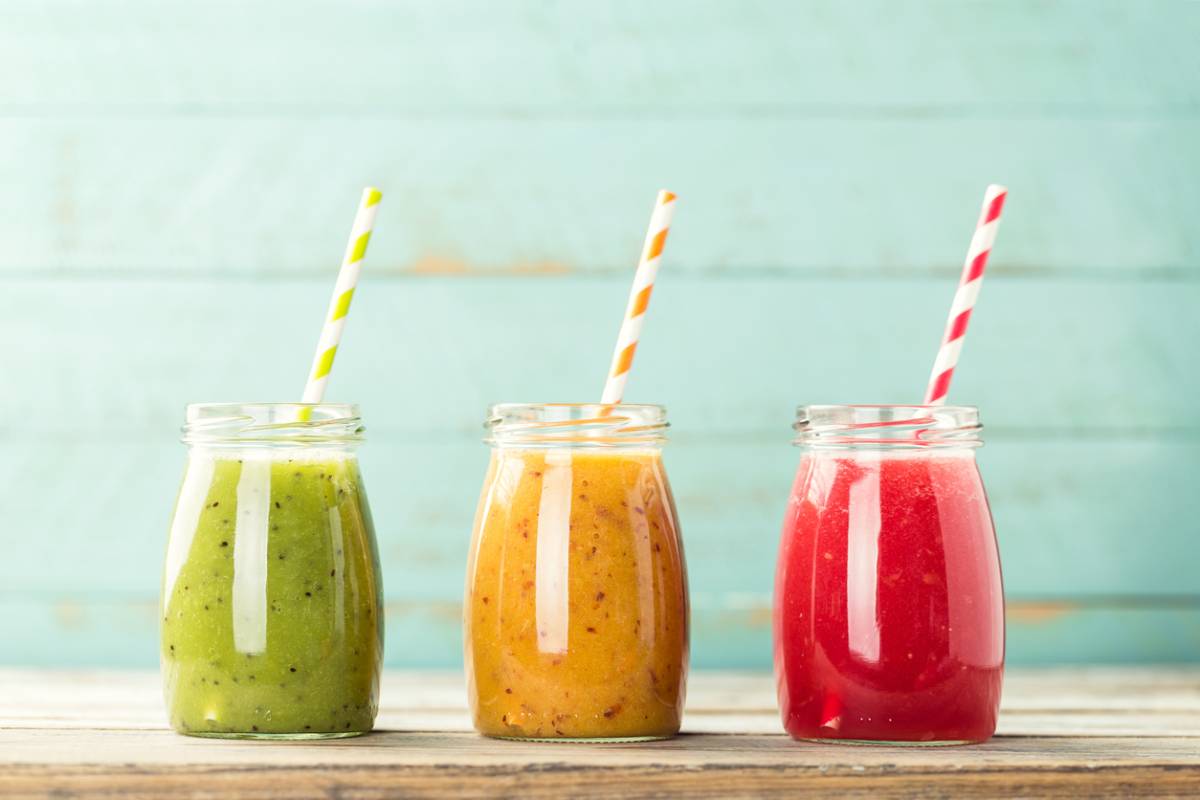
Restaurant juice equipment isn’t the easiest to clean. There are so many little nooks and crannies where bits of pulp can hide. However, you cannot afford to slip up when it comes to maintaining proper restaurant hygiene and customer safety. That is why it is so important to have an established cleaning guide that follows a scientifically supported schedule.
How to Clean Juice Equipment
Every establishment’s cleaning guide will look a little different depending on the normal flow of customers. Ideally, the most thorough cleaning will occur during slow or closed hours. With that said, the frequency and steps involved in your cleaning schedule should look about the same if you’re going to ensure that your equipment is safe for your customers. Here are some tips on how to establish a cleaning schedule that works.
Use Separate Juicers
Whenever possible limit each piece of restaurant juice equipment to one product. Having separate machines for each of your primary ingredients will reduce the need to wash in between drinks, as the risk of cross-contamination is essentially eliminated. You may keep one juicer for your less common ingredients. This machine will need to be washed in between each drink.
Washing Between Drinks
If you’re processing more than one ingredient in a given machine, then you will need to wash the primary pieces in between each drink. For traditional juice equipment, a quick scrub with soap and water followed by a thorough rinse is fine. For juice equipment that processes whole fruits and vegetables, you will need to use a nylon bristle brush to remove pulp from the basket and blades. Other machines that are only used for a single ingredient should be washed in the same way every few hours to prevent the growth of bacteria.
Wash Produce First
For restaurants using whole fruits and vegetables, it is important to thoroughly wash produce prior to juicing. Check with your local government body to learn more on the approved washing methods for the produce you regularly use.
Thorough Daily Washing
Owners should thoroughly wash juice equipment after closing each day. This typically includes soaking any spouts or tubs in warm water and soap prior to sanitization and rinsing. This process is designed to ensure that your equipment is squeaky clean at the end of every day, preventing bacteria from growing overnight. As a bonus, it means you get to start each day fresh.
Weekly System Flushes
Small, individual juicers don’t usually have water or syrup lines. However, the professional equipment provided by SC Beverage Company will have these extra lines in most cases. Healthcode guidelines can vary by area, but the typical rule is that these lines should be flushed once per week. The process for flushing these lines is fairly simple, just time-consuming. However, the process will vary depending on the manufacturer, so check with your user guide to ensure it is done properly.
Maintaining Standards
Maintaining a clean and safe restaurant is not easy. It is a constant, uphill battle that never ends. Therefore, it is vitally important to start with a cleaning schedule that keeps you on top of the most pressing items on a day-to-day basis. Remember that you can always make small adjustments to account for changes in traffic, but you will need to establish those changes with your employees to make sure that your restaurant never suffers from poor hygiene.
For further advice regarding equipment maintenance and regular cleaning schedules, talk to your representative at SC Beverage Company. They will be able to provide targeted advice that’s specific to your business and your equipment.
